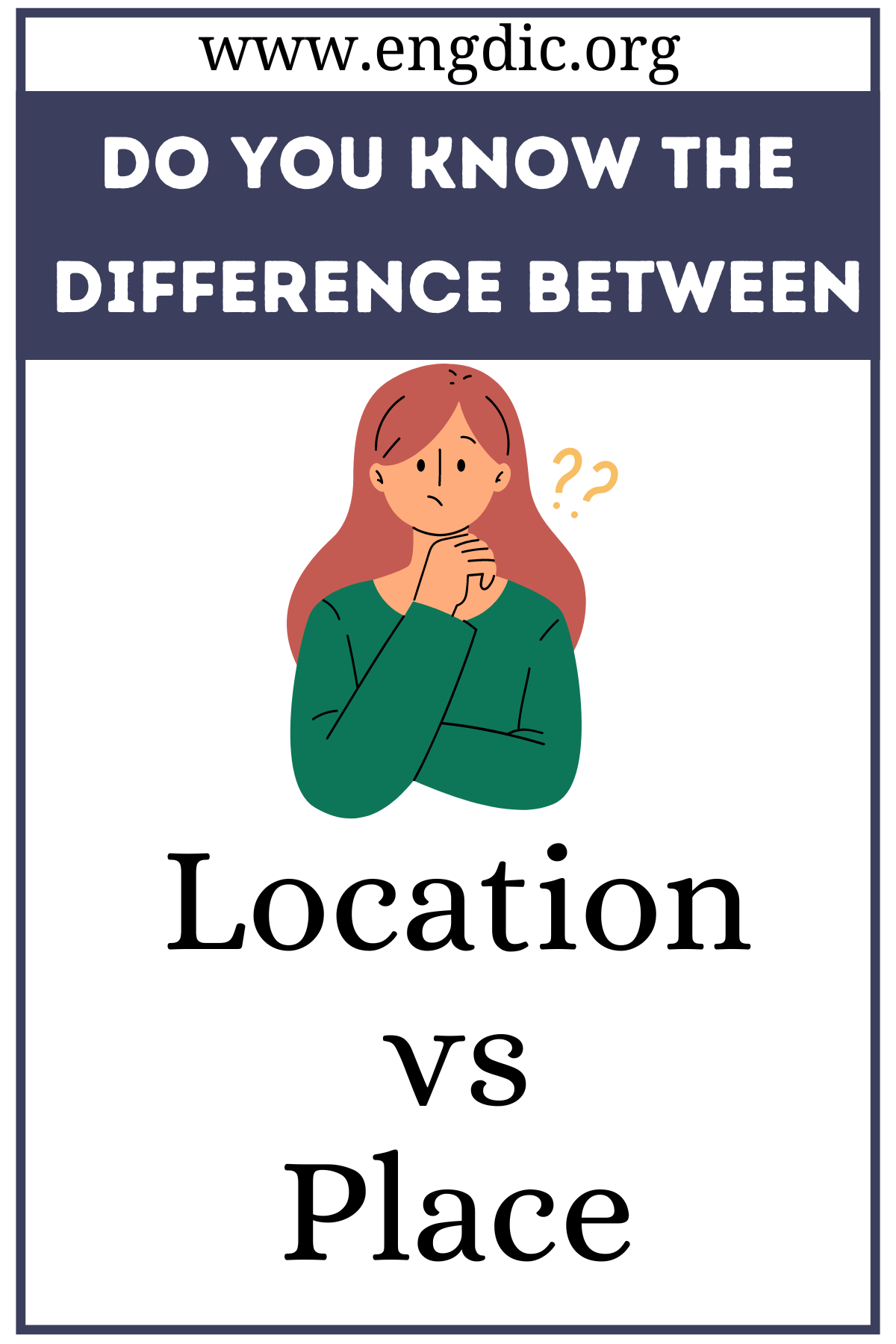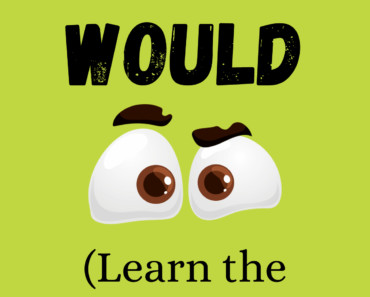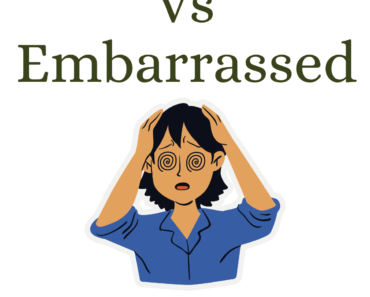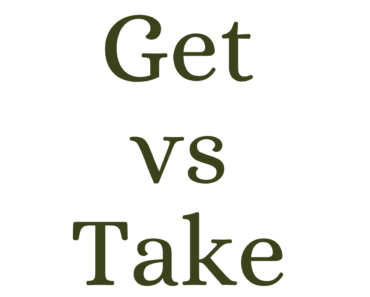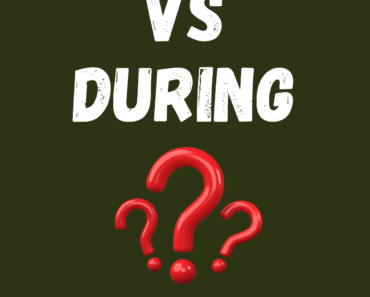The words “location” and “place” often seem interchangeable, but they have distinct nuances. A location refers to a specific point or position on a map, often described using geographical coordinates or relative terms. On the other hand, place is more about the character, significance, or function of an area.
A place carries emotional, cultural, or personal significance, while a location is strictly about positioning. For instance, while “123 Elm Street” describes a location, “the old library” might be how you describe a place that holds memories.
Location:
Definition: A location is a specific point or position defined by geographical coordinates or identifiable by a name or address.
Usage:
- Geographical Coordinates: Locations are often pinpointed using latitude and longitude. For example, “Mount Everest’s location is 27.9881° N, 86.9250° E.”
- Address or Name: Locations are also recognized through identifiable names or addresses. For instance, “the Eiffel Tower’s location is Champ de Mars, 5 Avenue Anatole France, 75007 Paris, France.”
- Relative Terms: In conversations, locations are often described using relative positions. For example, “The gas station is located next to the mall.”
Examples:
- “Can you share your location with me on the map?”
- “The library’s location is quite central, making it accessible to everyone.”
- “Google Maps provides the exact location of any address.”
Place:
Definition: A place is a specific area or spot that has particular significance, usually characterized by its personal, cultural, or societal value.
Usage:
- Personal Significance: A place may hold sentimental value. For instance, “Central Park is a special place where I proposed to my partner.”
- Cultural/Societal Importance: Places can also hold cultural or historical importance, such as “The Colosseum is an iconic place representing ancient Roman architecture.”
- Functional Designation: The term ‘place’ can also refer to areas designed for specific functions, like “the marketplace.”
Examples:
- “This beach is my favorite place to relax.”
- “We visited a place that was once a battlefield during the Civil War.”
- “The library is a quiet place for studying.”
